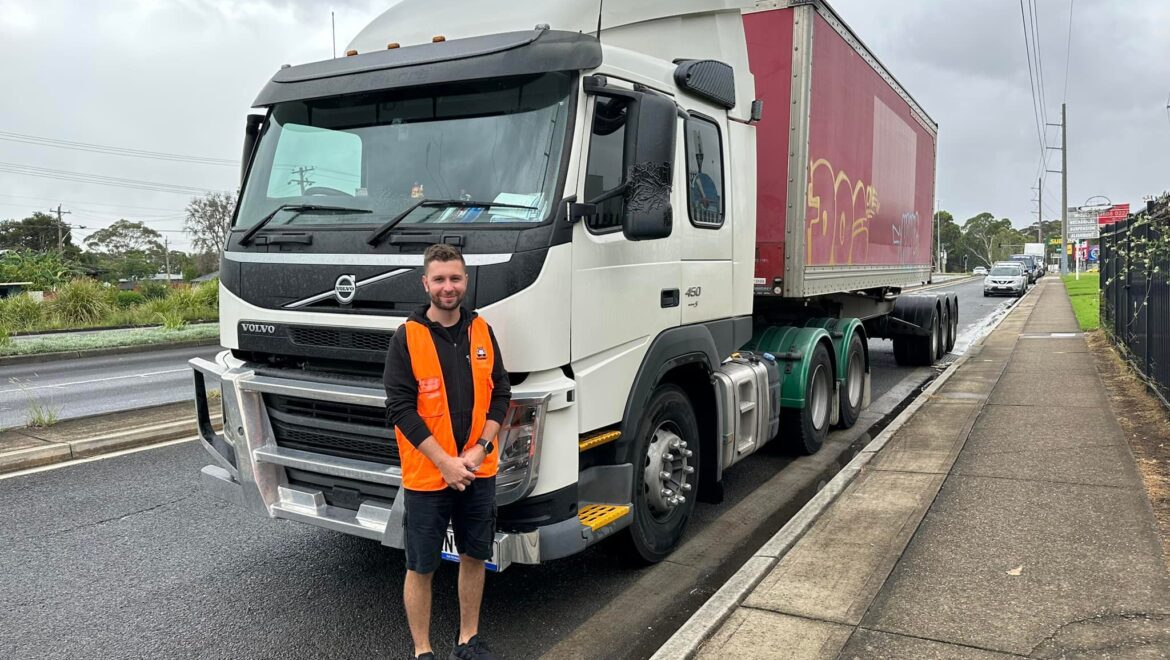The Importance of Professional Truck Driving Training for a Successful Career
The Importance of Professional Truck Driving Training for a Successful Career
Introduction
Embarking on a career in the trucking industry requires more than just a driver’s license. It demands specialized skills, knowledge, and expertise. In this blog post, we will explore the significance of professional truck driving training and how it can pave the way for a successful and fulfilling career in the transportation sector.
The Benefits of Enrolling in a Certified Truck Driving School
Professional truck driving schools provide comprehensive training programs tailored to equip aspiring truck drivers with the necessary skills. Discover the benefits of enrolling in a certified truck driving school, such as Highway Truck Driving School, including hands-on training, in-depth theoretical knowledge, and guidance from experienced instructors.
Mastering Essential Skills: Behind-the-Wheel Training
Becoming a proficient truck driver requires mastering essential skills behind the wheel. This blog post will delve into the importance of behind-the-wheel training, where students learn practical skills like maneuvering, safe driving techniques, and navigating various road conditions. Explore how Highway Truck Driving School’s training programs focus on honing these skills to ensure drivers are prepared for real-world challenges
Understanding the Importance of Safety and Compliance
Safety is paramount in the trucking industry. Compliance with regulations and industry standards is crucial for the well-being of drivers, cargo, and other road users. Learn about the emphasis Highway Truck Driving School places on safety and compliance training. Discover how their programs educate drivers on topics like defensive driving, load securement, hours of service regulations, and the proper use of technology in modern trucks.
Opening Doors to Job Opportunities: Career Placement Assistance
Successfully completing professional truck driving training can open doors to exciting job opportunities. This blog post will explore Highway Truck Driving School’s career placement assistance, which connects graduates with reputable employers in the industry. Discover how their network and resources can help kickstart your truck driving career and provide a solid foundation for professional growth.
Conclusion:
Investing in professional truck driving training is a wise decision for individuals aspiring to build a successful career in the transportation industry. With the comprehensive programs offered by Highway Truck Driving School, aspiring truck drivers can gain the necessary skills, knowledge, and industry insights to excel in their profession. Enroll today and set yourself on the path to a fulfilling and rewarding truck driving career.

















